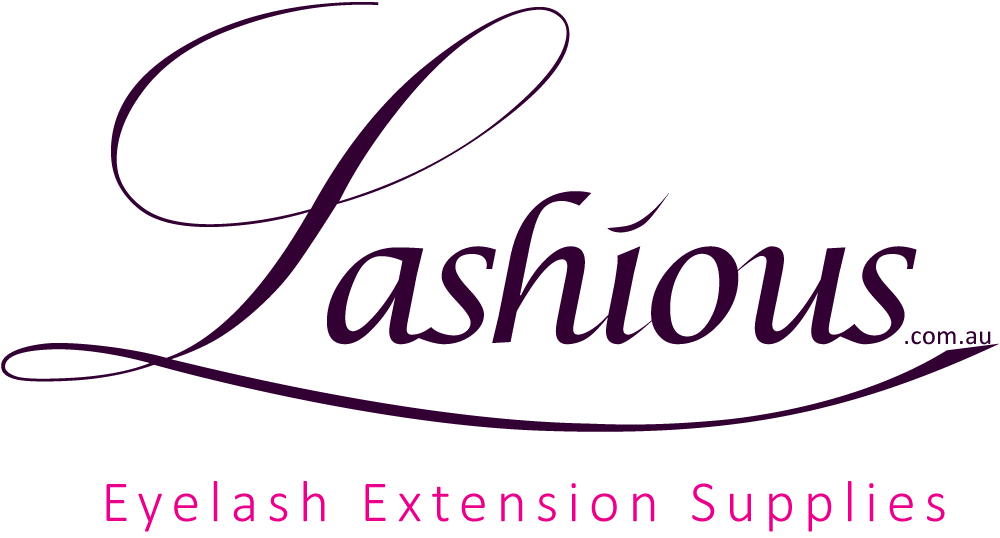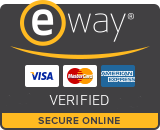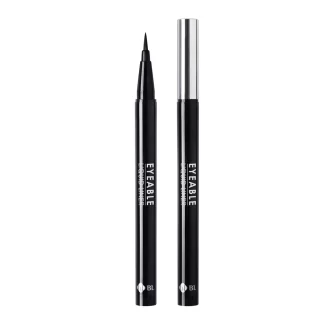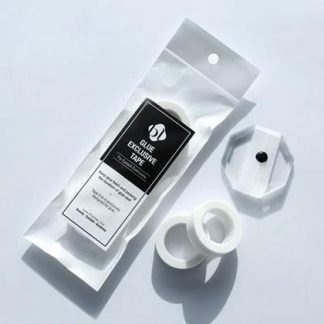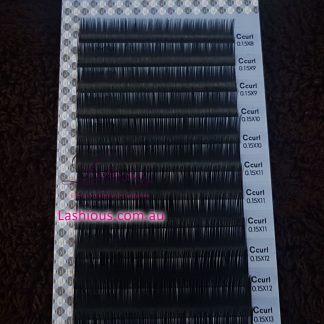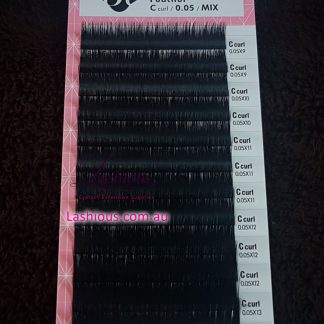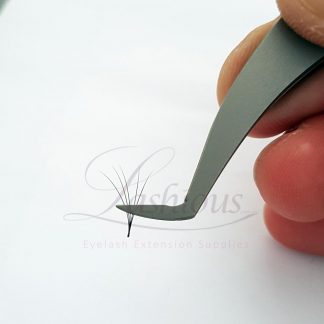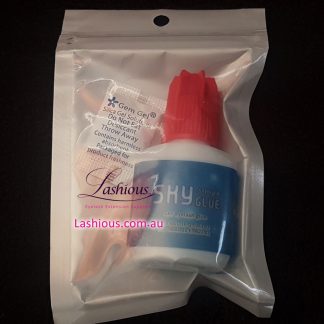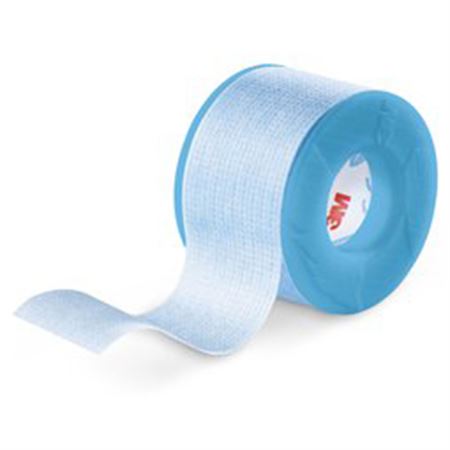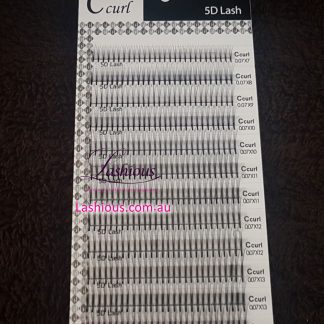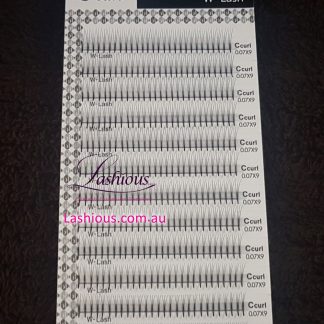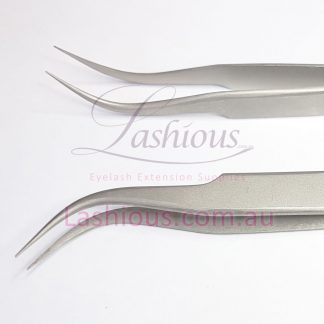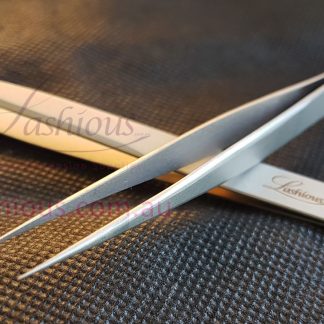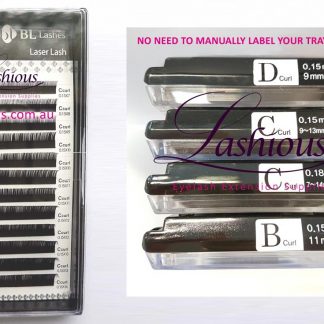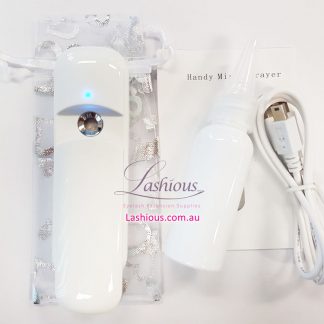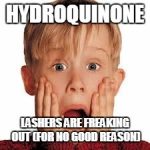 Hydroquinone – an ingredient in eyelash extension adhesives that lashers are all worked up about, and the misinformation being spread about it is getting ridiculous!
Hydroquinone – an ingredient in eyelash extension adhesives that lashers are all worked up about, and the misinformation being spread about it is getting ridiculous!
As with all chemicals, there are many uses depending on the concentrations and reactions with other chemicals. It’s either being regulated/controlled or even banned for use in cosmetic products above a certain concentration.
“Hydroquinone – there are various other uses associated with its reducing power. As a polymerization inhibitor, hydroquinone prevents polymerization of acrylic acid, methyl methacrylate, cyanoacrylate, and other monomers that are susceptible to radical-initiated polymerization. This application exploits the antioxidant properties of hydroquinone.” Wikipedia
Basically, Sky adhesives have better stability and longer shelf life because of this ingredient. The concentration of hydroquinone in Sky S+ is 0.1% (0.05% for Lady Black).
In Australia, Hydroquinone concentration of around 2% or less is permitted in certain cosmetic products. That’s 40x stronger than what’s in some glues. Moreover, glue is NOT classified as a cosmetic product here.
If you think about it, a 10g bottle of glue is used over 10’s of clients, not to mention externally and not touching the skin at all; and a few drops are worn over many weeks. Whereas with a cosmetic product, you could be smothering 10g of cream all over your face on a daily basis…
Make sure you check with your country’s relevant authority to see if eyelash extension glue is classified as a cosmetic product or not and if it is banned in your country (and not go by hearsay or what you’ve read on the internet).
HYDROQUINONE (excluding monobenzone and other alkyl ethers of hydroquinone included in Schedule 4) in preparations for human external therapeutic or cosmetic use containing 2 per cent or less of hydroquinone, except in hair preparations containing 0.3 per cent or less of hydroquinone’ (SUSMP, 2013).
Schedule 2 chemicals are pharmacy medicines, ‘which may require advice from a pharmacist and which should be available from a pharmacy or a licensed person’ (SUSMP, 2013).
